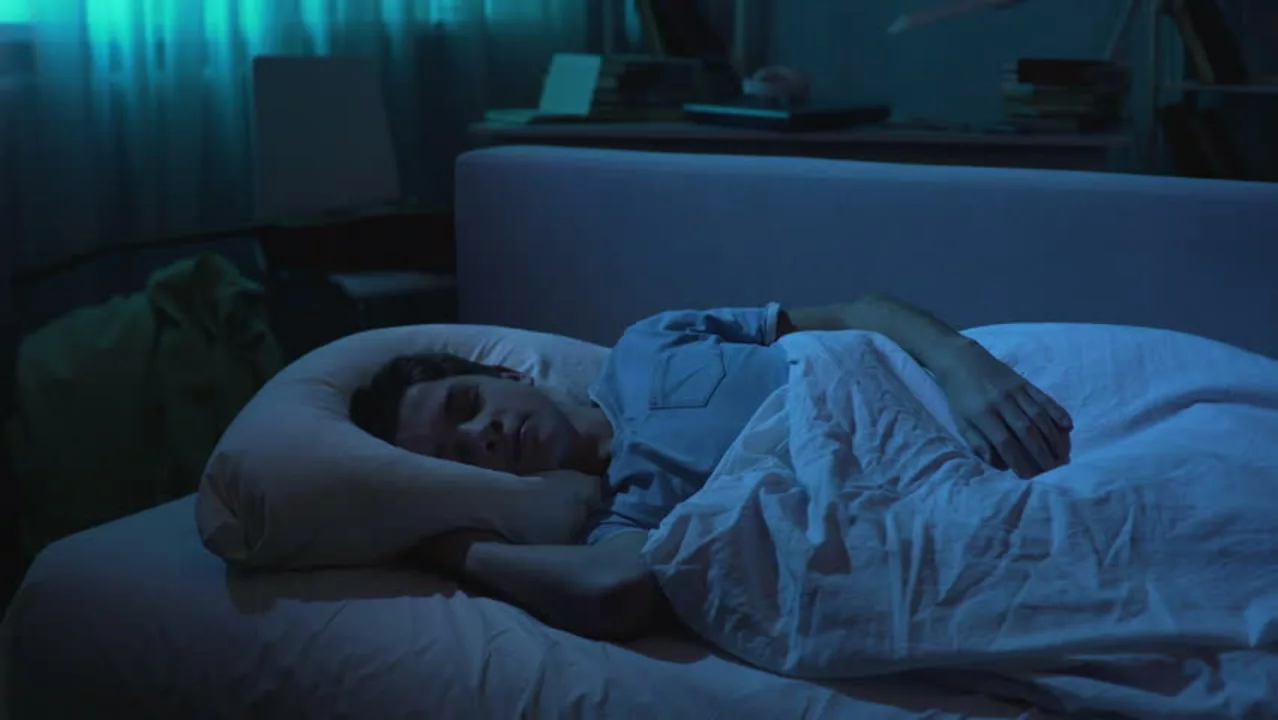Nocturia: Why You’re Getting Up at Night and How to Fix It
Ever wake up three times a night just to pee? That’s nocturia, and it can mess with your sleep, mood, and energy. The good news is most people can cut down those trips with a few easy changes.
What Causes Nighttime Urination?
First, let’s look at the usual suspects. Drinking lots of fluids before bed is an obvious one, but there are hidden triggers too. Certain meds – especially diuretics for blood pressure – make you pee more. Health issues like enlarged prostate, overactive bladder, diabetes, or heart problems can also raise urine production after dark.
Age matters as well. As we get older, our bodies produce less of the hormone that slows down urine at night, so the bladder fills up faster. Even simple things like a salty dinner can pull extra fluid into your system and end up in the bathroom later.
Practical Steps to Reduce Nighttime Trips
Start with timing: try to finish most of your drinks by 7 pm, especially coffee, tea, or alcohol. If you need a glass of water later, keep it small – about half a cup.
Check your meds. Talk to your doctor if you’re on diuretics; they might adjust the dose or shift the timing to earlier in the day.
Watch your diet. Cut back on salty snacks at dinner and limit sugary foods that can spike blood sugar, which often leads to more urination.
Strengthen your bladder with simple exercises. The “stop‑start” technique – pause the stream a few times while you pee – trains it to hold more urine.
If you’re on medication for prostate issues or overactive bladder, stick to the prescribed schedule and report any side effects that seem to worsen nocturia.
Lastly, keep your bedroom cool and dark. A comfortable sleep environment helps you fall back asleep faster after a bathroom break.
When to See a Doctor
If you’re waking up more than twice a night, feeling thirsty all the time, or notice swelling in your legs, it could be a sign of heart failure or kidney trouble. Diabetes patients should watch for high blood sugar spikes that cause extra urination.
Persistent nocturia can also hint at sleep apnea – the breathing pauses during sleep often trigger hormone changes that increase urine output. A simple sleep study can rule that out.
Make an appointment if you’ve tried lifestyle tweaks for a few weeks and still can’t get a full night’s rest. Your doctor may suggest tests like a urine analysis, blood work, or an ultrasound to pinpoint the cause.
In many cases, treating the underlying issue – whether it’s adjusting meds, managing diabetes, or addressing prostate health – dramatically reduces nighttime trips.
Nocturia doesn’t have to own your nights. By tweaking fluid timing, watching diet, and getting a medical check when needed, you can reclaim uninterrupted sleep and feel better during the day.
I recently came across a study that examined the impact of Bethanechol on sleep quality and nocturia. It turns out that this medication can actually improve sleep quality by reducing the frequency of nighttime urination. Nocturia, or the need to urinate during the night, can be a major disruptor of a good night's sleep. So, by addressing this issue, Bethanechol has the potential to make a significant difference in our overall sleep experience. If you suffer from nocturia, it might be worth discussing the use of Bethanechol with your healthcare provider to see if it could benefit your sleep quality.

